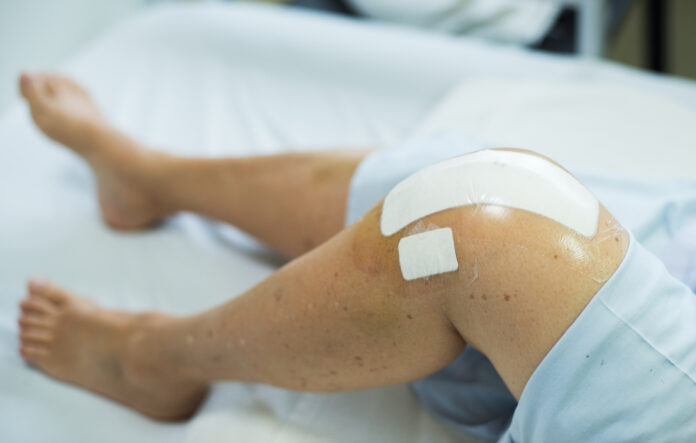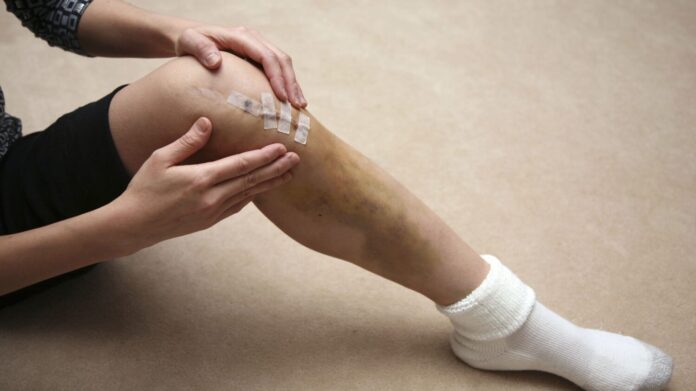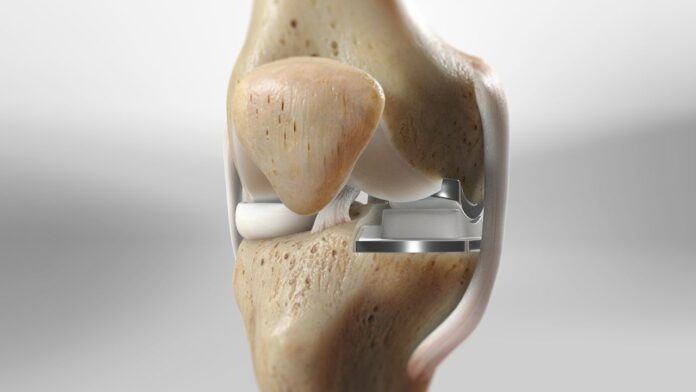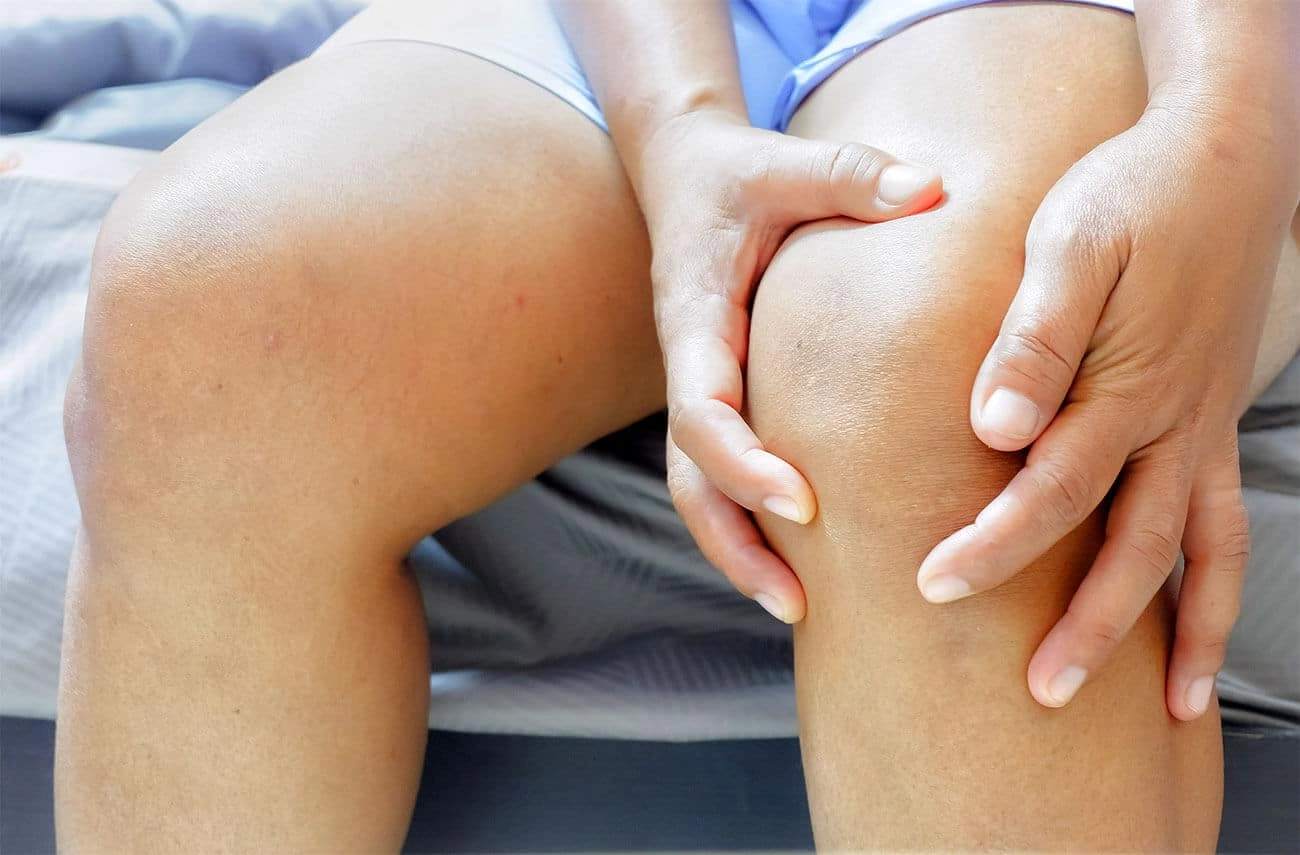Knee replacement surgery is a major operation. Patients cannot immediately go back to their usual activities because recovery time is necessary.
Several factors, like the patient’s age and preoperative health status can affect how long recovery would take. Still, following the surgeon’s advice and keeping one’s immune system healthy can help hasten healing and recovery.
Traditional Total Knee Replacement

After a traditional knee surgery, the patient may have to stay for about three to five days in the inpatient rehabilitation before going home. The recovery period – that is, when the patient can already walk with a walker or cane – can take from one to three months.
The surgery usually involves an eight-inch incision over the knee. Most patients who have undergone this operation reported substantial or complete relief of their arthritic symptoms once they recovered from the total knee replacement.
Minimally-Invasive Quadriceps-Sparing Total Knee Replacement

This new surgical procedure allows surgeons to insert knee implants through a shorter incision using an approach that avoids trauma to the quadriceps muscle – the most important muscle group around the knee. Sites like w-radiology.com can give you more information about this.
The incision in this new technique is shorter at three to four inches in length, and the recovery time is much quicker. The patient can already walk with a cane within a couple of weeks after the surgery or earlier.
What is even more interesting about this new surgical approach is that it decreases post-operative pain and minimizes the need for rehabilitation and therapy compared to traditional techniques.
Partial Knee Replacements Have Some Short-Term Advantages

Partial knee replacement (one side of the knee, for example) may result in shorter hospital stays, faster recovery, fewer short-term complications, and better knee function than total knee replacements.
However, about 8% of this surgery may require revision by five years, which is two to three times the rate of total knee replacements.
A study published on the website of the National Institute for Health Research revealed the following findings on partial knee replacement:
- Hospital stays are shorter after a partial knee replacement compared to total knee replacements
- Partial knee replacement has fewer short-term complications
- Partial knee operation suggests better results
- Reoperation rates in partial knee replacement are the same as that of total knee replacements; however, more revisions are needed after five to fifteen years.
- Patients admitted that the rate of recovery and return to work or sports are considered essential factors in operation choice
Gender Affects Level of Function After Knee Surgery
New research presented at the Annual Meeting of the American Academy of Orthopaedic Surgeons (AAOS) revealed that men have higher levels of function before and after total knee replacement. However, men and women have similar levels of improvement following the surgery.
The functional outcome differences are believed to be caused by several factors, including biological or genetic. They suggest the importance of further research on the role of gender in the decision-making process of total knee replacement, sex-based biological differences, and post-operative rehabilitation protocols.
Obesity Can Affect the Outcome of Knee Replacement Surgery

Patients who are obese are considered at higher risk for complications and may not experience profound pain relief from the operation. They may also encounter higher rates of infections and dislocations after knee replacement.
However, research suggests that being obese should not be a reason for not getting a needed knee replacement.
Obese patients may consider these findings from a 2017 study published in the Journal of Bone and Joint Surgery when deciding whether to have knee surgery:
- Severely obese patients had less post-operative functional gain than the other weight or BMI (body mass index) groups.
- A higher obesity level was associated with more pain at baseline but greater postoperative pain relief, so no difference in the average postoperative pain scores was observed according to BMI status.
- A greater obesity level was linked to more pain at baseline but greater pain relief at six months, so the average pain scores at six months were the same across BMI levels.
Recovery and Rehabilitation for Knee Surgery Patients
During surgery or the next day after the operation, a specialized health professional may perform physical therapy. Patients may be encouraged to walk and bear as much weight on their legs as they do some range-of-motion exercises.
A physical therapist is an integral part of the healthcare team. At the same time, the patient’s level of motivation and enthusiasm for recovery are also essential elements in determining the outcome of the knee replacement surgery.
Being aware of the possible outcomes and the recovery time needed after a knee replacement surgery can guide patients on what they can do to help themselves in the process. Working with an experienced surgeon can guarantee a higher success rate.
When you have knee replacement surgery, your doctor will give you specific instructions about how to recover. Recovery times for knee replacements vary, but most people can expect to take around three to six months to feel their best. Here are some tips on how to make the process as smooth as possible:
- Let your doctor know if you experience any pain or swelling. This will help them keep an eye on your recovery and make sure that everything is going according to plan.
- Be patient. It can take some time for your body to adjust after surgery, so don’t be surprised if you feel a little stiff or sore at first. Just remember that with patience and good care, you’ll soon be on your way to a pain-free recovery.
Conclusion
Knee replacement surgery is a major procedure and can be extremely challenging, both physically and emotionally. Your knee may feel sore, stiff, and uncomfortable after the surgery. It is important to follow all of your doctor’s post-operative instructions carefully so that you can make the best possible recovery. Remember to take it easy at first; don’t try to do too much too soon. Give yourself plenty of time to heal properly before starting any strenuous activities. And most importantly, remember that you are not alone – there are others who have gone through this process before you and are here to support you every step of the way.






